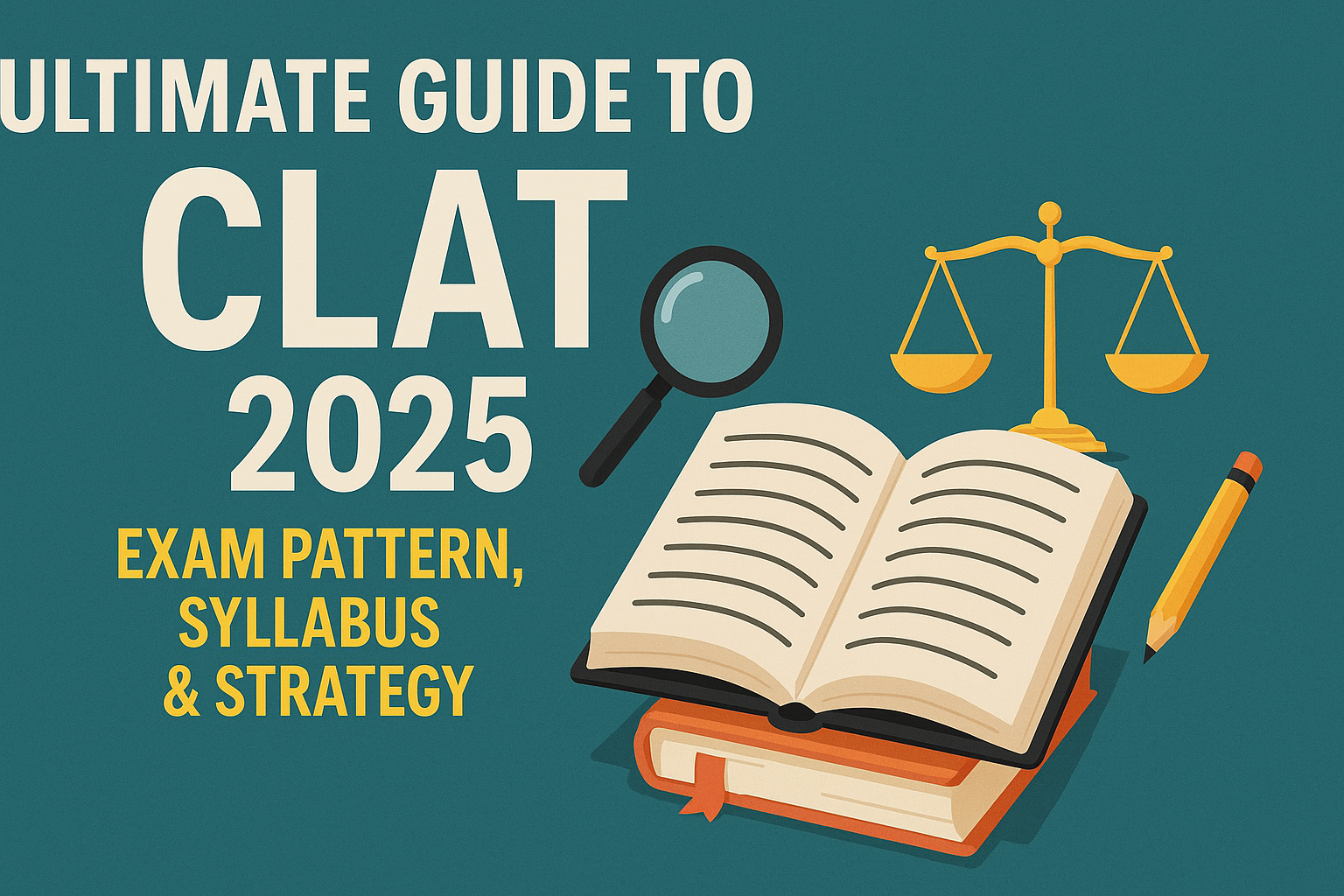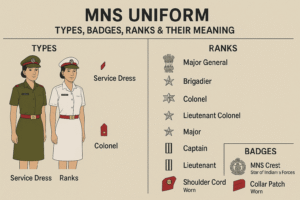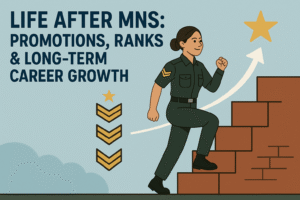INTRODUCTION
The Common Law Admission Test (CLAT) is the gateway to securing admission in India’s top national law universities (NLUs) for undergraduate (UG) and postgraduate (PG) law programs. Conducted by the Consortium of NLUs, CLAT is one of the most competitive and sought-after law entrance exams in India.
With CLAT 2025 approaching, a clear understanding of the exam pattern, updated syllabus, and effective preparation strategy is essential for success. This guide provides everything you need to know to ace CLAT 2025.
CLAT 2025 EXAM OVERVIEW
Exam Name: Common Law Admission Test (CLAT)
Conducting Body: Consortium of National Law Universities (NLUs)
Exam Level: National
Courses Offered: BA LLB (UG) and LLM (PG)
Mode of Exam: Offline (Pen and Paper-based)
Duration: 2 Hours
Total Marks: 120
Number of Questions: 120 (All MCQs)
Language: English only
CLAT 2025 EXAM PATTERN (UG)
| Section | Number of Questions | Weightage |
|---|---|---|
| English Language | 22-26 | ~20% |
| Current Affairs & GK | 28-32 | ~25% |
| Legal Reasoning | 28-32 | ~25% |
| Logical Reasoning | 22-26 | ~20% |
| Quantitative Techniques | 10-14 | ~10% |
| Total | 120 | 100% |
Marking Scheme: +1 for each correct answer, -0.25 for each wrong answer
Type of Questions: Comprehension-based MCQs
CLAT 2025 SYLLABUS (UG)
1. English Language
Comprehension passages
Vocabulary-based questions
Inference and conclusion
Tone, main idea, and purpose
2. Current Affairs & General Knowledge
Static GK related to law, politics, sports, and history
Current events of national and international importance
Legal news and developments
3. Legal Reasoning
Understanding legal principles and rules
Application of legal rules to factual scenarios
Legal terminology and current legal issues
4. Logical Reasoning
Deductive reasoning and critical reasoning
Arguments, conclusions, and assumptions
Statement-conclusion, analogy, puzzles
5. Quantitative Techniques
Elementary mathematics (Class 10 level)
Data interpretation (graphs, charts, tables)
Ratios, percentages, averages, and algebra basics
CLAT 2025 PREPARATION STRATEGY
1. Understand the Paper Pattern and Syllabus
Begin by going through the latest exam pattern and break down the syllabus to understand your strengths and weaknesses.
2. Build a Solid Reading Habit
CLAT is heavily passage-based. Read newspapers like The Hindu, magazines, and online legal content daily to build comprehension and awareness.
3. Practice Legal and Logical Reasoning
Solve scenario-based questions, legal case studies, and previous CLAT legal reasoning sets regularly to strengthen analytical skills.
4. Focus on General Knowledge and Current Affairs
Make a habit of reading daily news, and revise monthly current affairs compilations. Focus on legal, political, and international developments.
5. Improve Vocabulary and Grammar
Maintain a vocabulary journal, learn new words daily, and revise regularly. Practice grammar-based MCQs to polish your command over English.
6. Master Quantitative Techniques
Even though this section carries the least weightage, do not neglect it. Focus on accuracy and quick calculations.
7. Take Mock Tests & Analyze Performance
Take full-length mock tests in a real-exam setting. Analyze mistakes, understand the question patterns, and improve time management.
8. Revise Smartly
Create short notes, mind maps, and charts. In the last 30 days, revise the most asked topics, legal maxims, and current events of the past 6–8 months.
BEST BOOKS FOR CLAT 2025 PREPARATION
English:
Word Power Made Easy by Norman Lewis
English is Easy by BSC Publication
Current Affairs & GK:
Lucent’s GK
Manorama Yearbook
Daily newspapers: The Hindu, Indian Express
Legal Reasoning:
Legal Aptitude by AP Bhardwaj
Universal’s CLAT Guide
Logical Reasoning:
Analytical Reasoning by MK Pandey
Verbal and Non-Verbal Reasoning by RS Aggarwal
Quantitative Techniques:
Quantitative Aptitude by RS Aggarwal
Class 10 NCERT Mathematics
IMPORTANT TIPS FOR CLAT 2025 ASPIRANTS
Start early – ideally by August 2024.
Make a monthly, weekly, and daily study plan.
Do not rely solely on coaching – self-study is key.
Focus more on understanding than memorization.
Stay consistent and stay motivated.
FREQUENTLY ASKED QUESTIONS (FAQS)
Q1: When will CLAT 2025 be conducted?
A: CLAT 2025 is expected to be held in December 2024, as per the new exam schedule introduced by the Consortium.
Q2: Can I prepare for CLAT 2025 without coaching?
A: Yes, with the right strategy, books, and consistent practice, self-preparation is absolutely possible.
Q3: Is CLAT very tough to crack?
A: It is competitive, not impossible. With the right strategy and regular practice, students can crack it on their first attempt.
Q4: How many questions are there in CLAT 2025?
A: There will be 120 multiple-choice questions in total for UG CLAT 2025.
Q5: How much time should I dedicate daily to CLAT preparation?
A: A consistent 4–5 hours per day is sufficient if you start at least 6–8 months before the exam.






